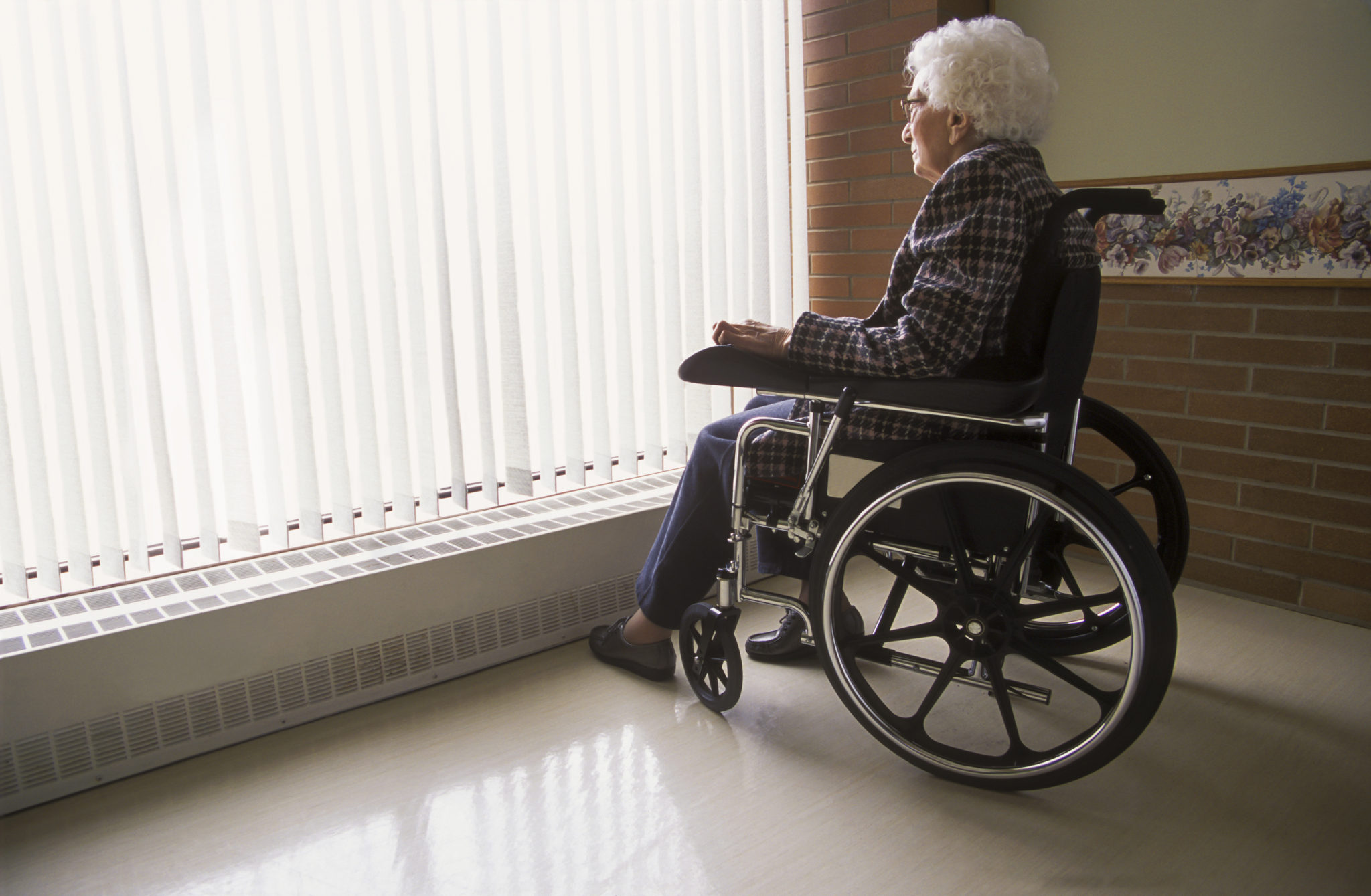Federal Medicaid law mandates that children receive all necessary medical services to prevent illness and improve their health, but thousands of youth fall through the cracks. As a result of their undiagnosed and untreated behaviors, far too many children are removed from their homes and placed in expensive hospitals or residential programs. Like people with disabilities who are segregated in nursing facilities, children in behavioral programs are isolated – away from their families, their friends, their homes, their schools.
CPR initiated a precedent-setting Medicaid (EPSDT) case that has allowed thousands of Medicaid-eligible children with mental health and emotional disabilities to receive intensive home-based services so they can remain at home, attend their own schools, and grow up in communities – not institutions. CPR has replicated the successes of this case in other states, including a landmark settlement to extend the benefits to youth with autism in Alabama.
CPR successfully litigated the first case in the nation on behalf of individuals with I/DD in nursing facilities, and then brought a similar case for individuals with brain injuries who were unnecessarily institutionalized in private nursing facilities and rehabilitation hospitals. In both cases, we obtained several court orders and entered into four settlement agreements requiring the Commonwealth of Massachusetts to transition thousands of nursing facility residents to the community, and to provide those who remain with necessary health and medical care. CPR is litigating similar issues on behalf of these individuals in Texas, where 4000 people with I/DD are confined in nursing facilities without federally-mandated active treatment health services. CPR filed the first in the nation cross-disability case on behalf of all people with disabilities in nursing facilities in Massachusetts, seeking residential services and supports needed to transition to integrated settings in the community.
CPR negotiated statewide settlement agreements that require New Hampshire and Arizona to significantly expand community-based mental health services, and specifically evidence-based practices such as Assertive Community Treatment, supported housing, supported employment, mobile crisis intervention, and peer support services. The settlements will allow over 25,000 individuals with psychiatric disabilities in those States to receive needed care while living at home, and not be forced into facilities or hospitals. We also are monitoring a settlement to provide community-based services to persons with acquired brain injuries, who up until recently have been forced to live in nursing facilities, isolated from their families, friends and peers.
CPR also successfully litigated cases on behalf of institutionalized individuals in the District of Columbia, Arizona and in New Mexico who suffered violations of their constitutional rights due to the lack of health care and protections from harm.
Finally, CPR created a project to secure monetary damages in civil rights cases challenging inadequate health care in public and private institutions, both to compensate individuals for the harm they suffer and to improve the quality of care in these facilities.
